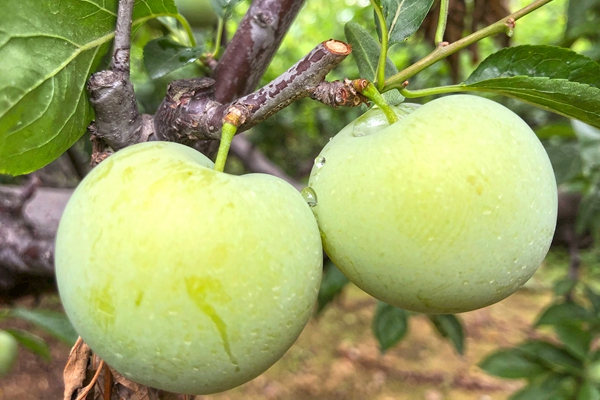Junzhang Hill Temple Fair
Updated: 2015-02-11
 |
|
Junzhang Hill Temple Fair kicks off on 3rd of the third month of lunar year. [Photo provided to China Daily] |
Junzhang Hill Temple Fair has a history of nearly a thousand years. It is the only temple fair in regions south of the Yangtze River that has the most well preserved incense-offering ritual. While most fairs have turned into places of worldly enjoyments, Junzhang Hill Temple Fair remains sacred for prayers, as its time-honored rituals still exist.
On 3rd of the third month of lunar year, people go to the hillside temple of Junzhang Hill to pray. The temple was first called Chengxing Temple, one of the most ancient ones in Wuxi. It is said that two emperors had successively sought shelter in this temple. Later the temple was renamed as Dragon Temple, as in Chinese culture the dragon is thought to be the symbol of the emperor. The temple fair at Dragon Temple has now become the largest and most lively festival event in southern Wuxi.
Locals from various villages and counties voluntarily carry a Bodhisattva on their way to the temple. Among the parade there are people playing traditional instruments, such as gong beaters, and traditional acrobatics performances, such as the dragon dancers, stilt walkers and the men with huge censers hanging from their arms. People stride ahead, amid fanfare, along the road on the west bank of the Changguangxi River. The parade itself looks like a giant colorful dragon.
Junzhang locals consider the 3rd of the third month of lunar year as the most important day besides the Spring Festival, Mid-Autumn Day and Double Ninth Festival. Although time changes, this custom remains alive throughout the entire area. There are, inevitably, some improvements that keep up with the times, such as the introduction of outdoor movies, karaoke competitions, balls and model shows. But the traditional elements with regional characteristics are well-preserved, such as the welcoming of Gods, offerings of incense, local opera performances, local merchant products, worshiping of local Gods and clan Gods, and praying for a good harvest.
Every year, staffs of the Xuelang Cultural Station are ready to show people the charm of local streets, so that citizens can gain a better understanding of local developments and culture. Through culture-learning, in addition to enjoying the Temple Fair's festive atmosphere, residents can also experience the great changes in their hometown.
Tel:0510-81178873
E-mail:haiyulu@163.com


